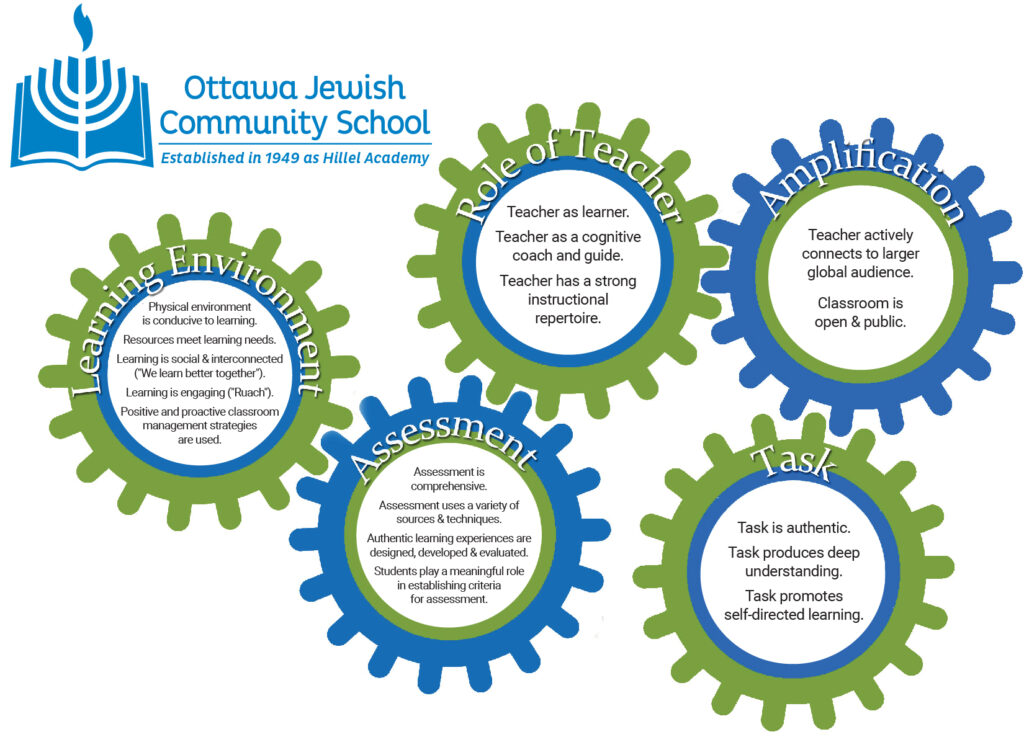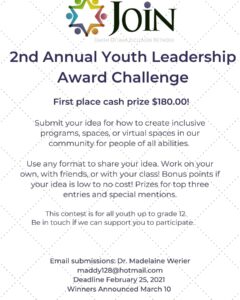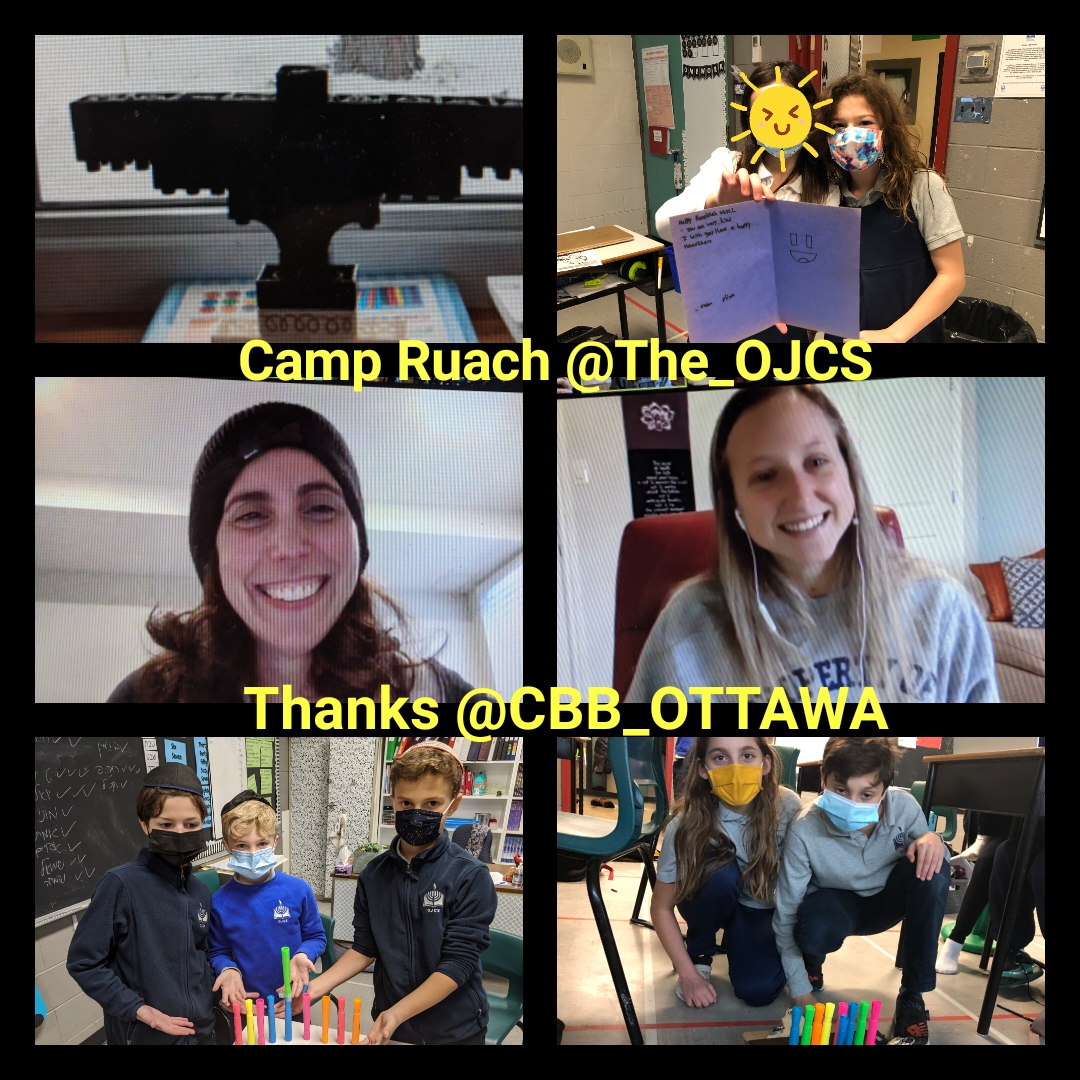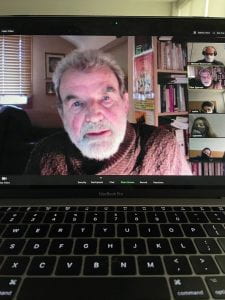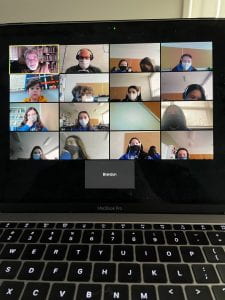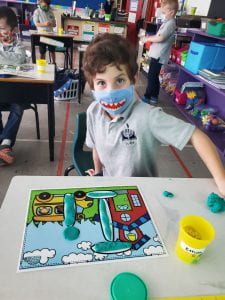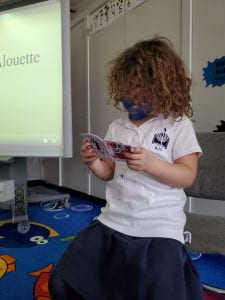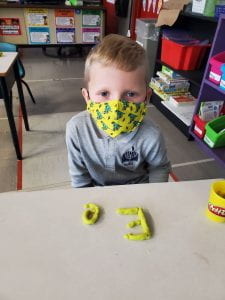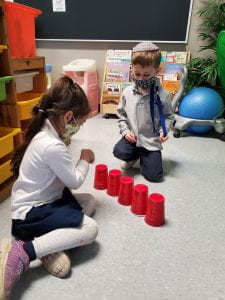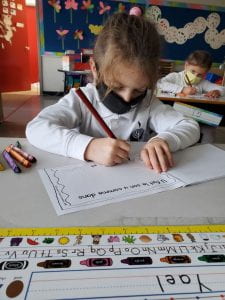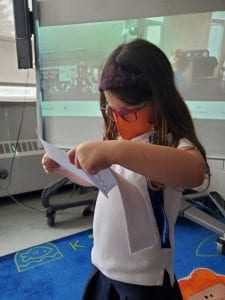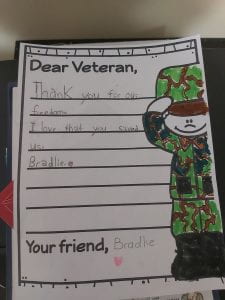Just when I thought we were out…they pulled us back in.
I don’t mean to make light of the situation. Back in October, I wrote a blog post explaining why we were taking time to lay the ground for a potential pivot, not knowing and very much hoping that one would not be forthcoming. And here we are in January, two weeks into a three-week pivot of fully distanced learning…or what we certainly hope will be (only) a three-week pivot.
Let me first answer what I believe are a few pressing questions…
What does being a private school mean when it comes to closures?
Not much. Other than us getting our letter from a different department of the Ministry of Education, and for some reason getting it consistently a few days delayed, there has been no separation between what has been required for public and private schools at any point along this journey. One might (this one certainly has) wonder whether there could be a circumstance where private and/or individual schools are given discretion to make choices when it comes to closures, but that is not how it has played out thus far.
What is currently true about a return to in-person learning?
As of this writing, we are still scheduled to return to in-person learning on Monday, January 25th. We have been told that any decision about extending beyond that date won’t be made/communicated until January 20th.
So, if you already feel comfortable with all the ways in which OJCS lives its Distance Learning Program, please feel free to skip the next long section and please jump to the two additional items below.

For anyone for whom this is still new – and for anyone who needs a refresher – let me offer a summary and syllabus of the accumulated wisdom from last spring. What we learned last year informed how we planned this year’s hyflex program and the kinds of self-directed learning skills we knew we wanted to focus on at the beginning of the year for just this situation. All of those successes and failures contribute to our current lived experience.
So…what’s most important to know/remember?
In our first post to parents last year about transitioning to school-at-home, we…
…talked about reasonable expectations for parents.
…shared ideas about how to create an optimal learning environment for your children (while acknowledging how unlikely it would be to achieve).
…discussed how we planned on addressing mental health concerns.
…made commitments to honor IEPs.
We ended with…
Let’s be sure to give each other permission to feel anxious or scared. Let’s recognize that we will have both failures and successes in the weeks ahead. Let’s create space for the messy learning and schedule challenges and conflicts.
[That still sounds about right!]
In our second post, after we launched, we focused on…
The spine of our program is the OJCS Blogosphere. This was in the process of becoming true before the pandemic because of all the things we believe to be true about teaching and learning in the 21st century. It is really proving its worth now that we have had to transition to distance learning on a dime. The action is going to take place online; the architecture is anchored in classroom blogs and student blogfolios.
[This still very much remains true!]
We ended with…
I remain in awe of what we have all managed to accomplish here in such a short amount of time. Let’s keep sharing with each other and with the wider world. Let’s keep creating space for mistakes and anxiety. Let’s keep celebrating small victories and minor miracles. Let’s combat the social recession with creative social experiences. Let’s live our school’s North Stars and our community’s Jewish values in this new virtual reality.
[Yes, please!]
Our third post focused exclusively on how distance learning amplifies quiet voices.
[This is something we have tried to carry forward to in-person learning.]
As we were gaining experience, we started to realize that there were a lot of positives from distance learning that we very much wanted to name and plan to continue in the transition back to in-person learning. In our fourth post we highlighted the most significant ones:
- Amplifying Quiet/Introverted Voices
- Developing Self-Directed Learners
- Strengthening Global Connectedness
- Digital Citizenship
- Personalized Learning
[These, too, are things we have tried to carry forward to in-person learning AND tried to frontload in case we did have to make the very pivot we are in.]
And I wasn’t the only one blogging out really helpful and important information!
Sharon Reichstein, our Director of Special Needs, has been putting out amazing posts helping parents find their way through the challenges – not just for their children, but for them – of distance learning.
Shannon LaValley, our school’s psychotherapist, put out a post addressing the mental health issues raised by distance learning.
And that brings us full circle.
Whether we are in this place for one more week or longer; whether this will be the only pivot this year or if additional pivots are in our future, please be assured that because of the work that our talented teachers have been putting into their professional growth over the last four years and the experience we gained last spring, the Ottawa Jewish Community School is ready to meet this moment. We have been saying for years that the “future of education” is happening at OJCS. Because it is.

Enrollment for 2021-2022 is right around the corner! As we prepare for another exciting year at OJCS, we have been blitzing social media and holding a series of targeted “parlour meetings”. This week we had two meetings for potential JK families. Next week brings meetings for potential SK families and the week after is geared towards families with children in all grades. As word of mouth continues to be our best marketing technique, your ongoing and visible support through positive social media and conversation with your peer groups has tremendous impact. You can make all the difference in ensuring that we bring #TheOJCSDifference to more and more of our community’s children and families.

Since we were regrettably slow to inform the last time, let me share with you now the plan for our next round of Parent-Teacher Conferences, which will come around in March. We, again, based on feedback and evolving circumstances have made changes. What we will prototype this time, we believe, may be the model moving forward as we try to balance complex needs – most importantly having enough conference spots for a growing school.
We will shift conferences to a Thursday-Friday. Spring Parent-Teacher Conferences will now take place on March 18th and 19th. On Thursday, March 18th, we will have an early dismissal at 2:00 PM. Because of safety protocols, we will be unable to provide childcare. The conference windows on Thursday will be from 3:00 – 5:00 PM & 6:00 – 9:00 PM. On Friday, March 19th there will be no school and the day will be dedicated to conferences. Our feedback from parents about the ability to participate in these conferences remotely – which we will carry forward post-COVID – steers us towards no longer needing to dedicate two evenings to accommodate busy and working parents. Should this model prove successful, our calendar for 2021-2022 will factor in an additional two days of closure. We will both ensure we are providing the requisite number of school days and look to partners to help provide OJCS parents with childcare on what would now be four days of closure – two for PD and two for conferences.




